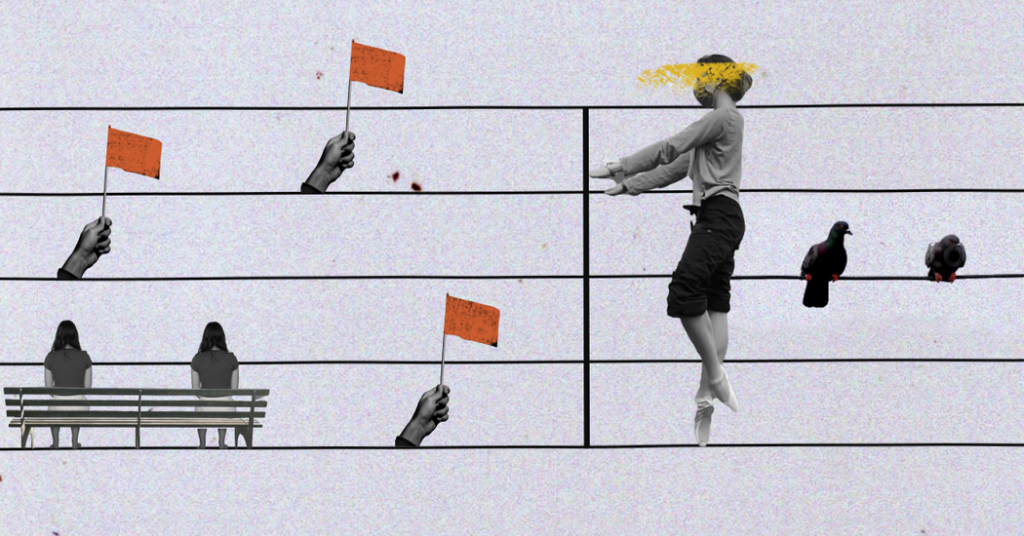Ludwig van Beethoven’s Ninth Symphony, which was first performed 200 years ago, has become a work that is often embraced for political purposes. It has been used at events such as the 1936 Olympic Games in Berlin and was played in the city again in 1989 after the fall of the Berlin Wall. Beethoven himself was interested in politics, viewing it through the lens of humanity rather than daily political events. He was concerned with moral behavior and the larger questions of right and wrong affecting society, particularly focusing on the freedom of thought and personal expression. His statement in the Ninth Symphony, “All men become brothers,” expresses hope for a more united world despite the many crises facing humanity.
For Daniel Barenboim, the greatness of music and the Ninth Symphony lie in the richness of its contradictions. Music, like life, is a lesson in handling emotions and intellect together, requiring a structured approach to feelings. Music is metaphysical in its message but is conveyed physically through sound, allowing for a depth of expression that words cannot fully capture. The Ninth Symphony is considered one of the most important artworks in Western culture, with many experts praising its visionary nature. Beethoven’s late works exhibit a will to break away from convention, reflecting a sense of courage and optimism in the face of suffering.
Barenboim finds inspiration in the words of Antonio Gramsci, who expressed a combination of pessimism and optimism during challenging times. This duality is reflected in Beethoven’s music, which acknowledges the inevitability of suffering but also conveys the courage needed to overcome it. Beethoven’s ability to blend emotion and intellect in his music serves as a valuable lesson for life, requiring discipline and emotional engagement simultaneously. Music can hold different meanings for different individuals and can evoke a range of emotions, making it a profound and soulful experience.
The Ninth Symphony stands out as one of the greatest symphonies ever written, showcasing Beethoven’s revolutionary approach to harmony and structure. Beethoven’s dedication to freedom of thought and personal expression is reflected in the symphony’s message of unity and brotherhood among humanity. The Ode to Joy theme has been adopted as the anthem of the European Union, further cementing the symphony’s political significance. Despite the challenges facing humanity, Beethoven’s music continues to offer hope and inspiration, encouraging listeners to find courage in the face of adversity.


